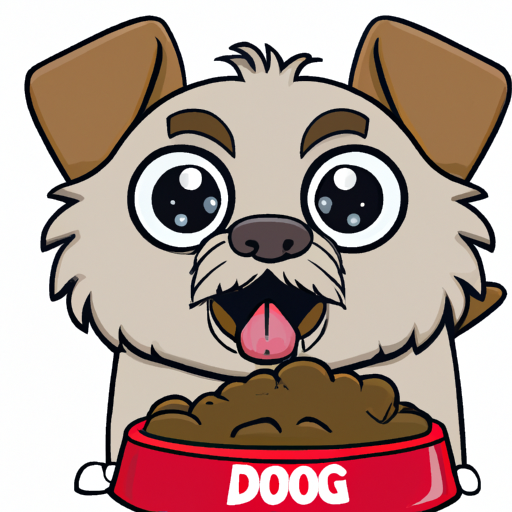If you are a dog owner, you have probably noticed that your furry friend tends to drool whenever they see food. But why is that? Is it a matter of excitement, or is there a scientific explanation behind this behavior? This article will dive deep into the reasons why dogs drool when they see food, providing a comprehensive explanation that will help you better understand your pet’s behavior.
Table of Contents
- Understanding Drooling in Dogs
- The Science Behind Drooling
- The Role of Pavlov’s Experiment
- Conditions that Cause Excessive Drooling
- How to Handle Excessive Drooling
- Frequently Asked Questions
Key Takeaways
- Dogs drool in anticipation of food due to a physiological response triggered by their sense of smell.
- The Pavlov’s experiment helps explain this behavior.
- Certain conditions can cause excessive drooling in dogs.
- There are ways to handle excessive drooling in dogs.
Understanding Drooling in Dogs
Drooling, medically known as ptyalism, is a normal process in dogs and other animals. When your dog drools at the sight of food, it’s their body’s way of preparing to digest what’s coming. This natural response is stimulated by the anticipation of eating, and the presence of saliva helps to moisten the food and begin the digestion process.
The Science Behind Drooling
The sight and smell of food stimulate your dog’s salivary glands, which are located in their mouth. These glands produce saliva, a liquid that plays a crucial role in the digestion process. Saliva contains enzymes that start to break down food even before it reaches the stomach. This makes it easier for the stomach and intestines to digest the food and extract nutrients.
Your dog’s sense of smell is incredibly sensitive – up to 100,000 times more powerful than humans. When they catch a whiff of something tasty, their brain sends a signal to the salivary glands to start producing saliva, hence the drooling.
The Role of Pavlov’s Experiment
The phenomenon of dogs drooling at the sight or smell of food can be explained by the classic Pavlov’s experiment[^1^]. In this experiment, Pavlov, a Russian physiologist, conditioned dogs to associate the sound of a bell with mealtime. After repeated pairings of the bell and food, the dogs began to salivate merely at the sound of the bell, even in the absence of food. This conditioning is known as a Pavlovian response and demonstrates how dogs can associate certain stimuli with food, leading to drooling.
[^1^]: Pavlov’s Dog Experiment
Conditions that Cause Excessive Drooling
While it’s normal for dogs to drool in anticipation of food, excessive drooling may be a sign of certain health conditions. These include dental problems, heat stroke, and certain diseases like rabies and distemper. If you notice your dog drooling more than usual or if the drooling is accompanied by other symptoms, it’s important to consult with a vet.
How to Handle Excessive Drooling
If your dog is drooling excessively, there are several steps you can take to manage this issue. First, make sure to provide plenty of fresh water to your dog. This will help to keep their mouth clean and reduce the amount of drooling. Regular vet check-ups are also crucial to detect and treat any underlying health issues that may be causing the excessive drooling.
For more tips on handling excessive drooling, check out this article on OneTopDog.
Frequently Asked Questions
-
Is it normal for dogs to drool when they see food?
Yes, it is a normal physiological response triggered by their sense of smell. -
Why does my dog drool excessively?
Excessive drooling can be a sign of certain health conditions like dental problems, heat stroke, or certain diseases. It’s best to consult with a vet if you notice excessive drooling. -
How can I manage my dog’s drooling?
Provide your dog with plenty of fresh water and schedule regular vet check-ups. For more tips, read this helpful guide on OneTopDog.
In conclusion, dogs drool when they see food as a normal part of their digestive process, stimulated by their powerful sense of smell. Understanding this behavior can help you better care for your pet and ensure they stay healthy and happy.
For more fascinating insights on dog behavior, be sure to check out our comprehensive guide on why dogs love to play.



